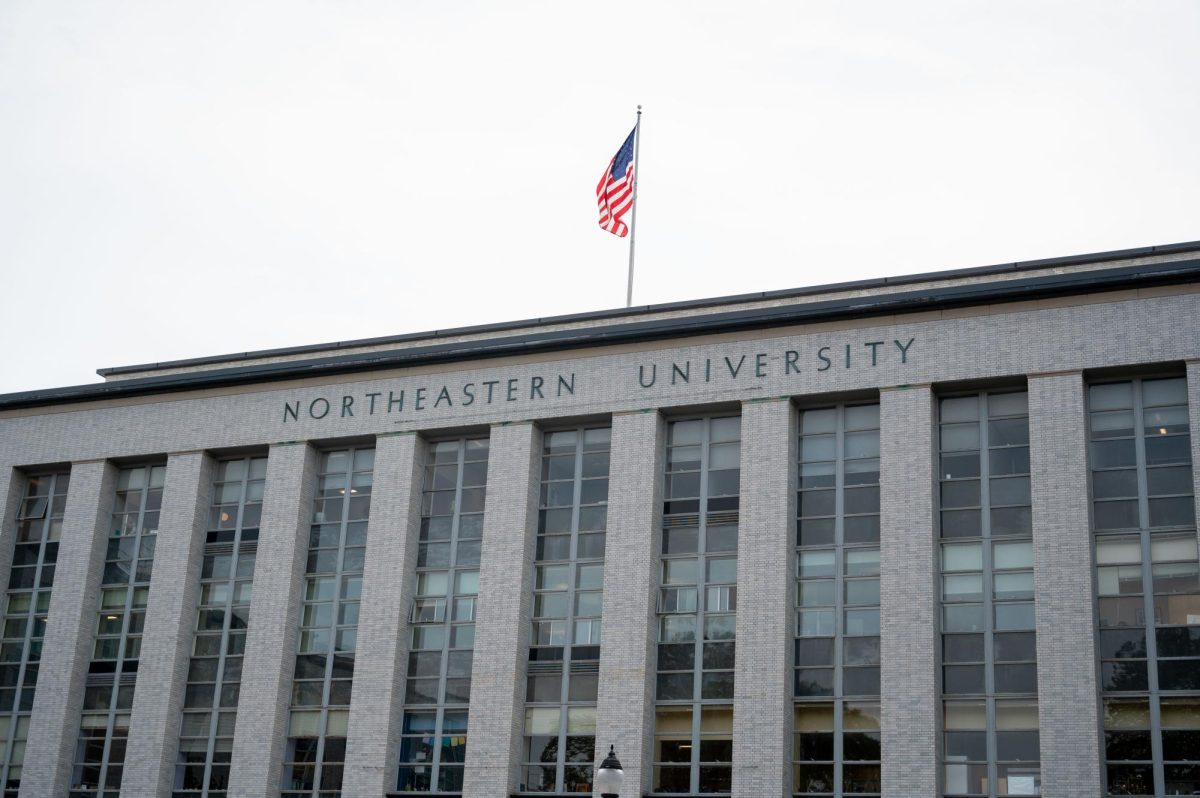Patents and start-up companies by students and faculty are two products expected to come out of the Center for High-rate Nano-manufacturing when operation takes off.
Northeastern was awarded a grant for the center, $12.4 million in five years from the National Science Found-ation, after being chosen from a group of 70 proposals this year to man one of six facilities in the country that will focus on research and nano-technology, the science of rearranging atoms to produce new products.
Director of the Nano-technology Center, Ahmed Busnaina, spearheaded the proposal for the facility, which will operate out of the soon-to-be renovated fourth floor of Egan Hall.
The Northeastern center, run in conjunction with the University of New Hampshire and the University of Massachusetts at Lowell, will hire graduate and undergraduate students to work on high-level research projects.
“We provide the leadership here in this proposal,” said Provost Ahmed Abdelal. “There are certain areas where each of these three universities … have expertise in, and these areas are complimentary.”
The center will also partner with companies such as Motorola, the Massachusetts Technology Collaborative and the Museum of Science, and staff members’ products will eventually move directly into the industry.
“I think people are going to look at us very differently now,” Busnaina said. “This is the state of the art, basically. This is not old science.”
While preparations are already underway to begin work on projects, the actual center will not be fully renovated until January, Busnaina said.
Busnaina said he expects to hire about 10 undergraduate students to work either part time or full time. Some students will work on their own projects while others will assist staff members.
“This is a wonderful area for graduate students to be trained in, as well as for undergraduate students to learn something that is really at the frontier to science,” Abdelal said.
The center’s staff members will work on projects involving “self-directed assembly,” focusing on DNA, proteins and nano-particles, Busnaina said.
The nano-manufacturing center will join two other prominent scientific research centers Northeastern currently operates. The Center for Advanced Microgravity Materials Pro-cessing is a NASA-sponsored lab started at Northeastern in 1997, according to the school’s Web site, www.coe.neu.edu. The Center for Subsurface Sensing and Imaging Systems (CenSSIS), also funded by the National Science Foundation, is one of 19 facilities of its kind in the country. Started four years ago, it serves to “revolutionize the existing technology for detecting and imaging biomedical and environmental-civil objects or conditions that are underground, underwater or embedded in the human body,” according to the Web site.
Other universities that received the grants in-clude Stanford Univer-sity, the University of California at Berkley and the University of Pennsylvania.
In addition to the grant for nano-manufacturing, North-eastern was also awarded a subsequent $12.5 million grant from the National Science Foundation, in partnership with the University of Massachusetts at Boston and the Boston Public Schools, to improve the quality of science education in the public school system.
The College of Engineering has approximately 2,000 undergraduate students and 800 graduate students.









